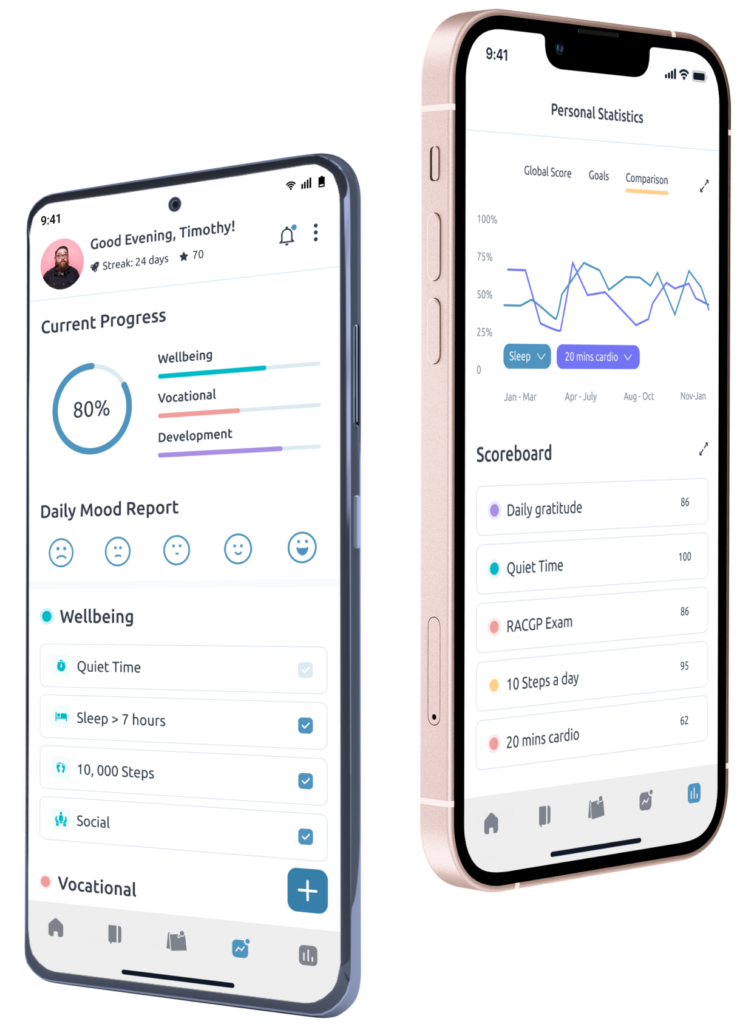Author: Dr. Preethi Nagubandi, Consultant Obstetrician & Gynaecologist

Entering the medical workforce for the first time can be both exciting and daunting. Here Dr. Nagubandi, a consultant obstetrician & gynaecologist, provides practical insights and tips for medical interns.
1. Use your leave
- Annual leave: take it while you can – it is easier to take leave and have it approved in the first half of the year, due to attrition issues later in the year. Accruing leave rarely means you can take it later, especially with yearly contracts.
- Professional development leave: take professional development leave to attend courses and conferences. These often allow you to have a little break (especially if you add on some annual leave) whilst also boosting your knowledge, skills, and experiences
2. Ask questions
- Ask the questions you think are too stupid to ask – it only gets harder to ask them later!
- Questions are well worth it for the patient’s safety as well as your own safe practice.
3. Work towards training applications early
- Consistency: you may be busy as an intern, but life only gets busier. As such, consider adding to your CV consistently. This way, when you do apply for training, it will not be a scramble for you to put together your CV/gain points.
- Opportunities: even if you don’t know what you want to specialize in, there are always opportunities such as teaching medical students, ALS, audit and research projects and higher degrees that you can add to your CV.
- Referees: remember to get your referees early on (terms 1 and 2) as you always need them for applications which tend to be in the middle of the year.
4. Money matters
- Payslips: remember to hand in your timesheets every fortnight (your colleagues will appreciate it if you remind them too!) and take the time to double-check your payslips.
- Little things add up: learn how to be effective with money early, for example, find out more about salary packaging (e.g. meals, rent, petrol, internal day-care) and investment options, make sure you are happy with your super provider and think about frequent flyer points and how to earn them.
5. Think about locuming
- You can locum once you finish your internship and have general registration
- Locuming often broadens clinical experiences (esp. If you work in rural/remote areas) which may enhance your learning and may also, in turn, become good discussion points for future interviews.
- Locuming compensates well and sometimes they can serve as little working holidays if you find the right place/fit.
We hope this article is helpful. 🙂






